![]()
![]()
![]()
Use LEFT and RIGHT arrow keys to navigate between flashcards;
Use UP and DOWN arrow keys to flip the card;
H to show hint;
A reads text to speech;
40 Cards in this Set
- Front
- Back
- 3rd side (hint)
|
Articles of Confederation |
first failed government before the Constitution |
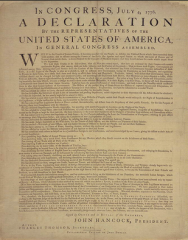
|
|
|
ratification
|
to sign or give formal consent |

|
|
|
levy |
an act to give a tax, a fee, or a fine |
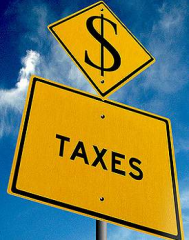
|
|
|
Founders (or Framers)
|
someone who creates plans, concepts, and systems of different kinds |
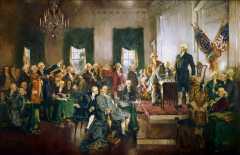
|
|
|
Virginia Plan
|
government plan to have votes per sate proportional to population |
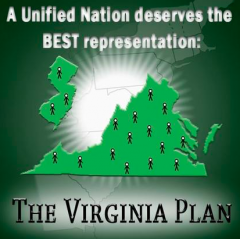
|
|
|
New Jersey Plan
|
government plan to let each state, regardless of size, to one vote |
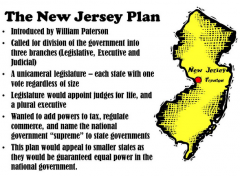
|
|
|
Great Compromise |
created a House of Reprsentatives and the Senate |
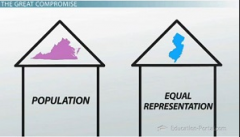
|
|
|
Three-Fifths Compromise
|
3 / 5 of a states slaves would count to the states population |
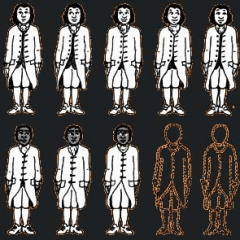
|
|
|
Executive Branch
|
one of the three branches of government, responsible for leading the army, controlling imigration, and having the final say in a law being passed |
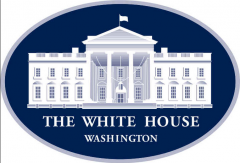
|
|
|
Judicial Branch
|
one of the three branches of government, rerponsible for enforcing the law |
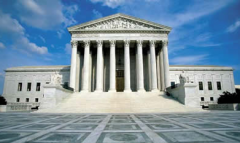
|
|
|
Legislative Branch
|
one of the three branches of government, responsible for creating laws |
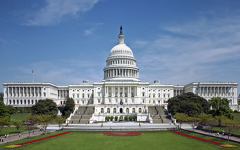
|
|
|
Checks & Balances
|
power check between the three braches of government, preventing one from being too powerful than the others |
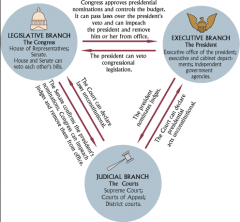
|
|
|
Antifederalists
|
a group against the Constitution due to lack of basic rights |
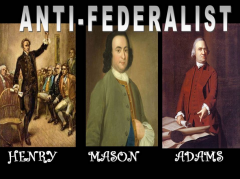
|
|
|
Federalists
|
a group for the Constitution, supporting it's creation |
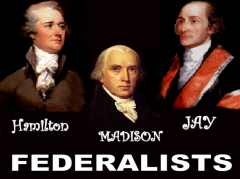
|
|
|
Federalism |
the belief in shared powers between state and government |
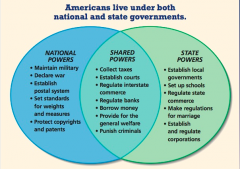
|
|
|
majority rule |
a voting system where if 3/4 of the voters agree, the rule is passed |
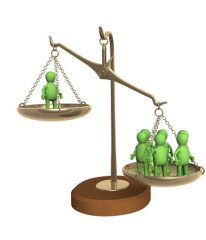
|
|
|
amendment
|
a modification made to a government document |
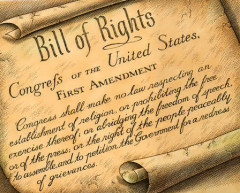
|
|
|
Bill of Rights
|
The first ten basic rights granted to all American citizens |
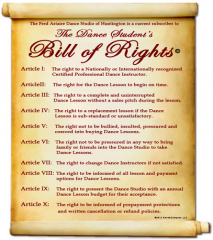
|
|
|
House of Representatives |
house where laws and issues are discussed by state representatives |
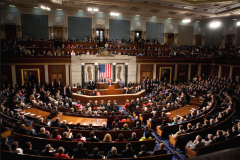
|
|
|
Senate
|
house where laws and issues are debated by two representatives per state |
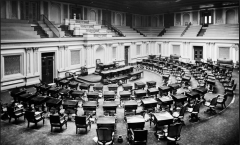
|
|
|
Congress
|
the House of Representatives and the Senate |
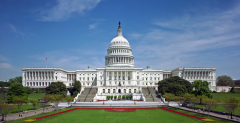
|
|
|
Popular Sovereignty
|
government power is given by the people's consent
|

|
|
|
Republicanism
|
The ideology in which a state or government should be governed as a republic |
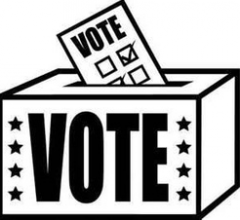
|
|
|
separation of powers
|
control of government power by splitting it into three branches
|
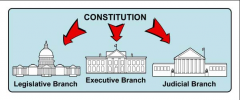
|
|
|
limited government
|
government where power is shared by stat and government |
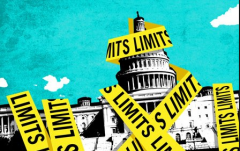
|
|
|
bicameralism
|
to have two branches in a legislature |

|
|
|
judicial review
|
some actions made by the legislative and executive branch are subject to be reviewed by the court |
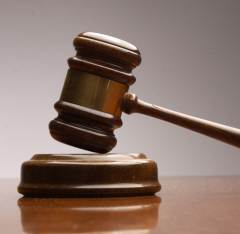
|
|
|
impeachment
|
the process of removing the president from office |
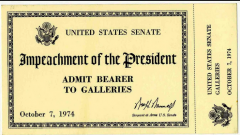
|
|
|
quorum
|
a minimum number of participants for a meeting or assembly required to make the outcome of the event valid |
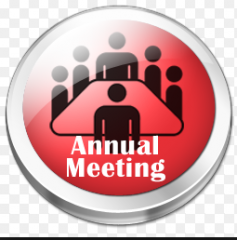
|
|
|
revenue
|
any income made by an association, business, or government |

|
|
|
veto
|
when a president rejects the passing of a bill and sends it back for modification
|
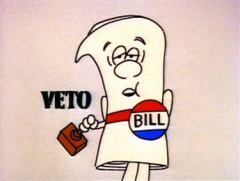
|
|
|
naturalization
|
the process in which any foreigner can get an official US citizenship
|
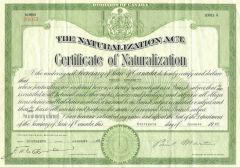
|
|
|
elastic clause |
a clause that grants congress the power to pass all laws carrying out the enumerated list of powers |
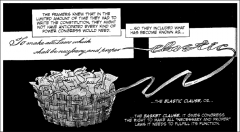
|
|
|
natural born citizen
|
a person born in the United States |
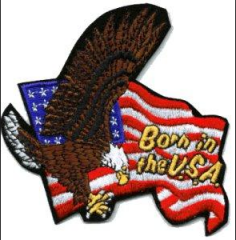
|
|
|
electoral college
|
a group of people who are the people who represent the citizens of the US who get the power to formally vote for a president |
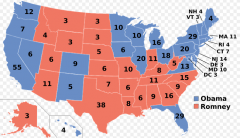
|
|
|
Supreme Court
|
the highest standing court in the US with nine justices and have the absolute final say in a prosecution should one reach this court |
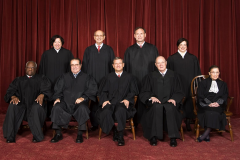
|
|
|
suffrage |
the right citizens get to vote in political elections |

|
|
|
due process of law
|
clause that states the government can not take away or deprive a citizen of life liberty, or property |
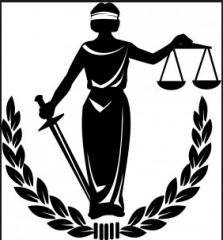
|
|
|
bail
|
payment that is used to release a prisoner from jail. A temporary release of an accused person awaiting trial by court |
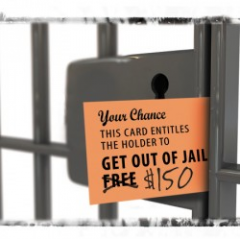
|
|
|
Constitution
|
the second and successful government system that is in place to this day |
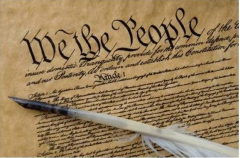
|

